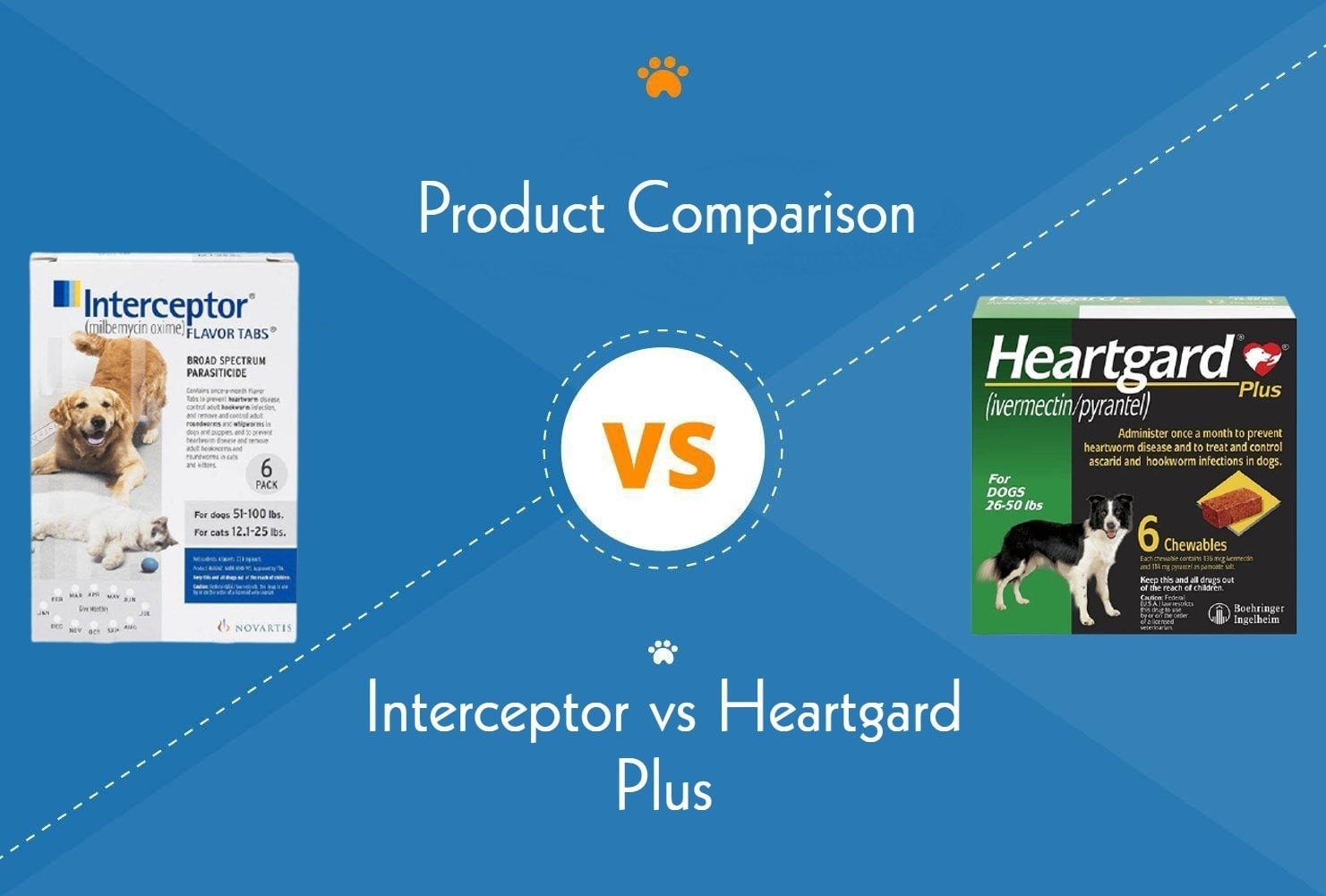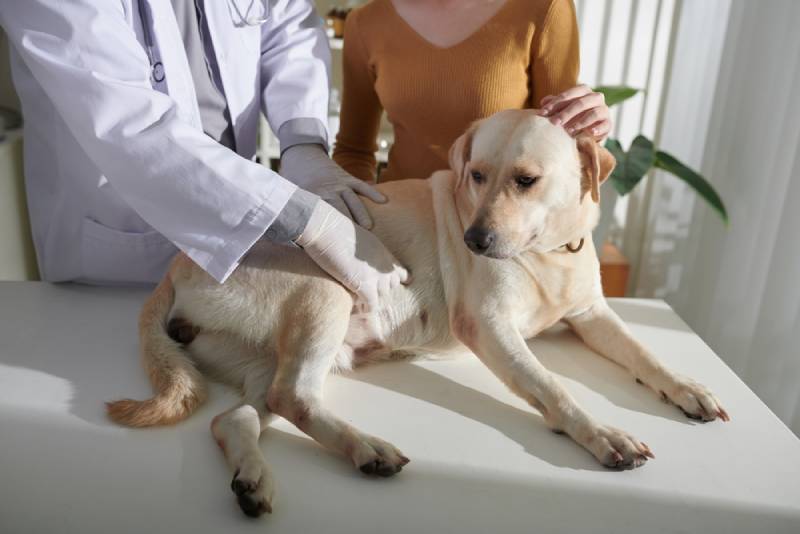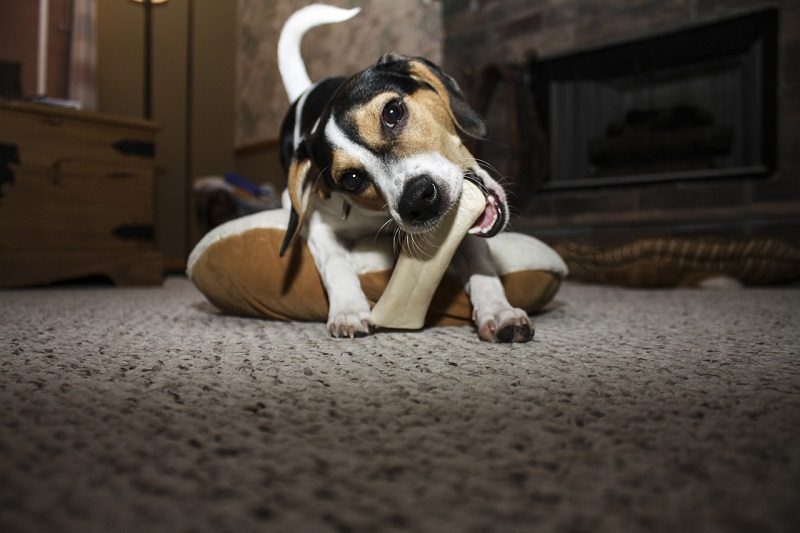Mucus in Dog Poop: Causes & Care Guide (Vet Answer)
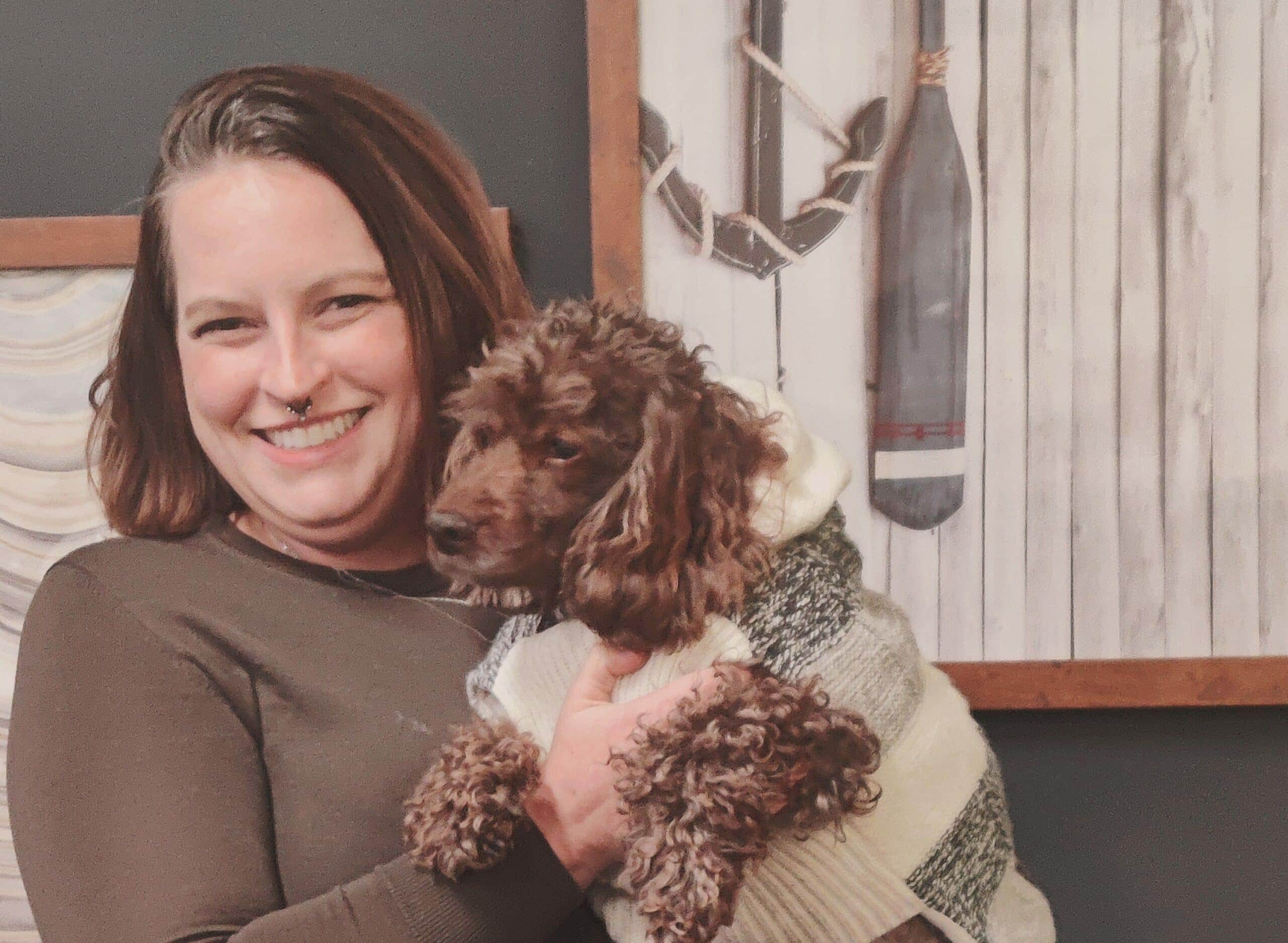
Updated on
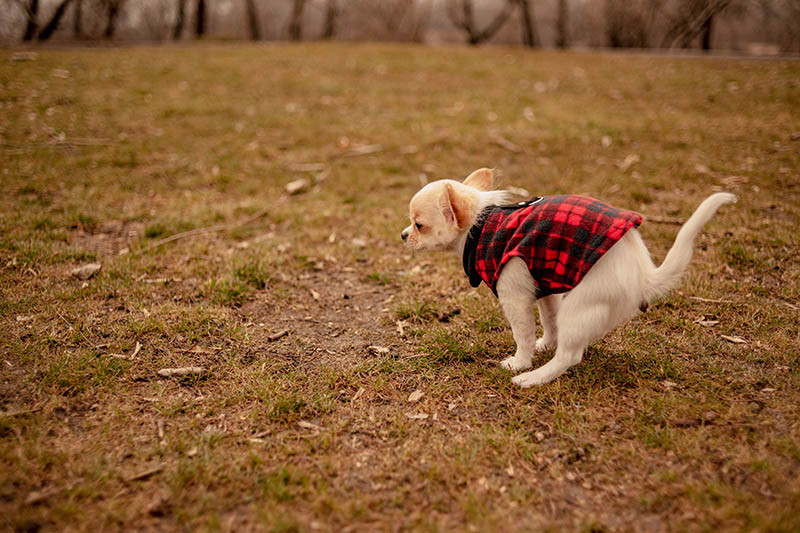
Click to Skip Ahead
Mucus in the poop of a dog is a difficult clinical problem because it can be a minor, uncomplicated, self-resolving issue, or it can be life-threatening. The causes can range from transitory to permanent illness. And the severity varies so greatly that it can be hard to know when to intervene.
Mucus in the poop may respond well to veterinary medicine or it may not. It can be a one-time thing, or it can last for years. This article will explore some of the many causes and what it means to have mucus in dog poop.
What Is Mucus in Poop?
Mucus in the poop is often a sign of the colon being inflamed or diseased. It is almost always a sign of gastrointestinal problems.
As the food and poop go along the gastrointestinal tract and reach the colon, if there is inflammation, the colon may leave a mucus trail in the digesta. The mucus is then apparent as a slimy layer in the poop.
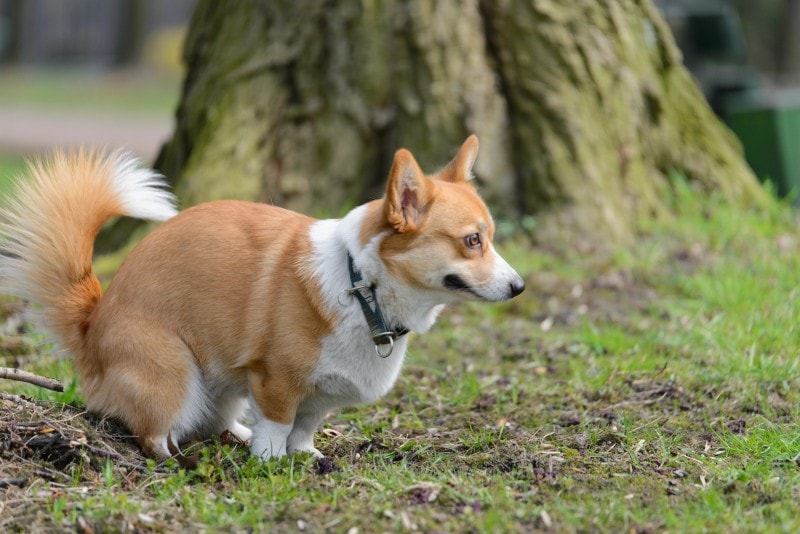
What Are the Signs of Mucus in Poop?
The mucus can coat the outer layer of the poop, or it can be mixed throughout. There may or may not also be diarrhea along with the mucus.
Often if there is mucus, the dog will have to poop a small amount many separate times, as opposed to a whole bunch at once. And they can sometimes strain and push with or without a result of more poop. However, if there is mucus in the poop, it is accompanied by diarrhea or at least abnormally soft stool.
What Are the Causes of Mucus in Poop?
Colitis
Sometimes the cause of the mucus cannot be determined, but the mucus appears and goes away again on its own. Colitis is the term used to refer to inflammation of the colon, and it can define the condition created by all the following causes. But it also can be its own thing, especially if the cause is not identified.
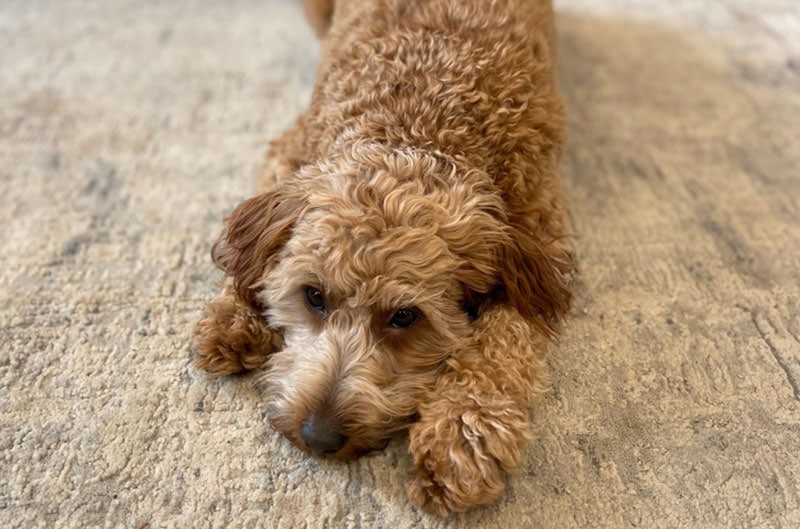
Parasites
Gastrointestinal worms and even amoebas—or protozoa—can cause mucus in the poop. They infest the GI tract and cause inflammation along it, particularly in the colon—resulting in mucus poop.
There are many different bacteria and viruses that can cause GI disease. And while there may be mucus in the poop with these infections, there will be diarrhea—severe diarrhea. The diarrhea, in fact, can get so severe that it is life-threatening.
Severe diarrhea with or without mucus may be a sign of infection with some of the following pathogens.
- Salmonella
- Clostridium
- E. coli
- Campylobacter
- Parvovirus
- Distemper virus
Eating something they shouldn’t have
This is a common cause of mucus and diarrhea in dogs, especially if it causes a mild tummy upset. The mucus may be more apparent than the diarrhea.
- Food that is difficult for them to digest (too much chicken, for example)
- Passing an object that they ate (i.e., a coin or a small sock or whatever if it doesn’t cause an obstruction)
Not enough fiber in their food
Foods that are high in protein can lack fiber, which is important for proper digestion in dogs. When there is not enough fiber, food may not be digested correctly, resulting in abnormal poop. Be careful with those raw diets.

Food allergies or sensitivities
This is a big one. Many dogs are allergic, or sensitive, to types of food, particularly the common meat proteins that are always fed to them. To know if your dog is allergic to certain foods, they may need to have a food trial supervised by a veterinarian.
- Chicken
- Beef
- Lamb
IBD—inflammatory bowel disease
This is a chronic condition that may have multifactorial causes. With IBD, chronic GI inflammation causes regular mucus or diarrhea. It may wax and wane, but it often lasts for years. It may need careful diets or medications.
Stress
Stress-colitis is actually common in dogs. It occurs when a dog is overly anxious or nervous about something like if they go through a big life change, like moving. Helping your dog manage stress with exercise, routine, and behavioral training can help dogs with recurrent stress colitis.
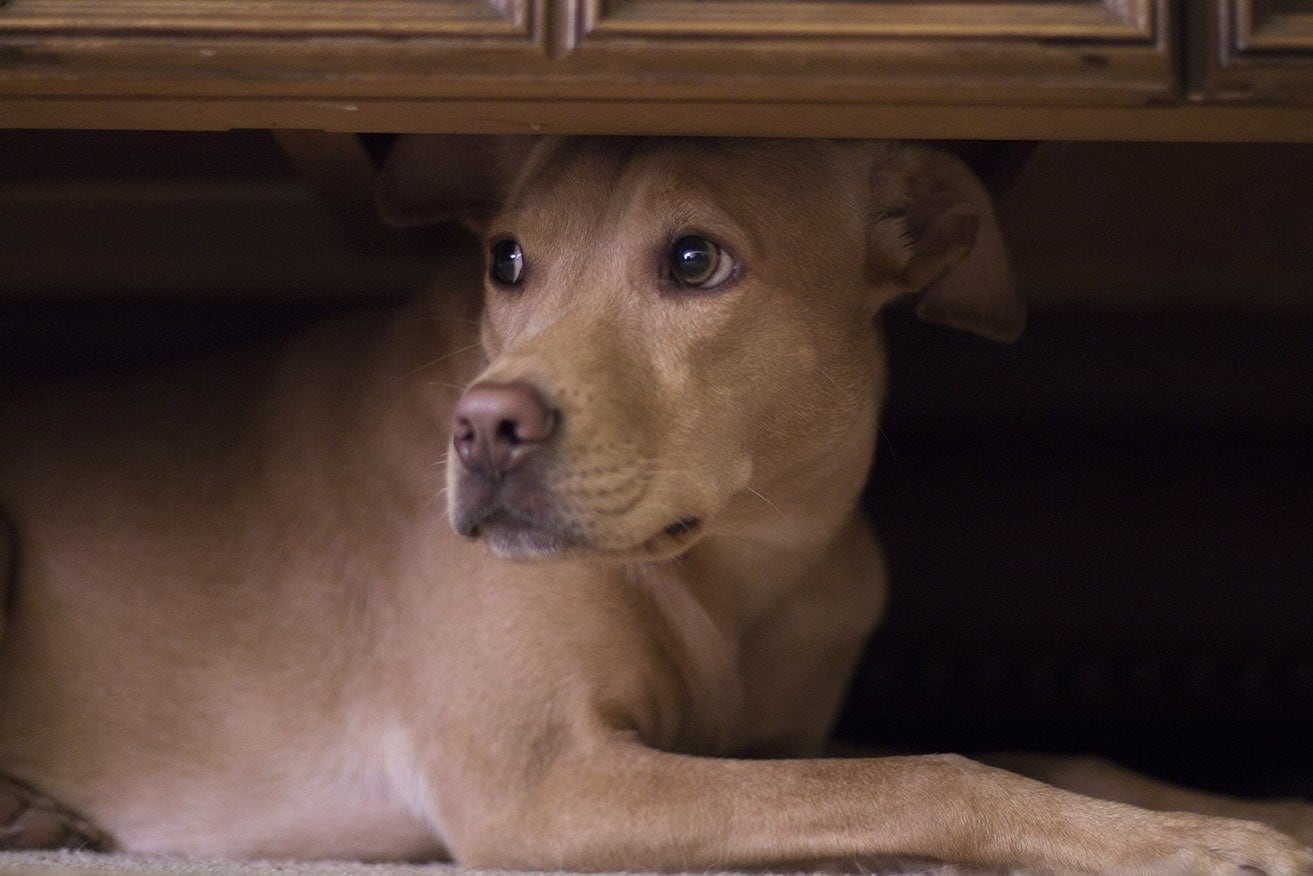
How Do I Care for a Dog With Mucus in Their Poop?
The first step is to monitor your dog to see if they have mucus in their poop. Watching out for complications or other clinical signs, assessing the severity, and knowing your dog’s regular pooping cycles can go a long way.
Preventing colitis is a big part of ‘caring for a dog with mucus in their poop’. It is surprisingly easy for dogs to eat way more human food than anyone thinks, especially if there are multiple people living in the house. Eating too much human food is such a common cause of mucus in the poop and is seen just about every day at the vet’s office.
If a dog has too much human food for long periods, it can gain momentum so that one day it is like a threshold is hit, and they suddenly have uncontrolled diarrhea (and mucus in their poop). Probiotics can also be helpful in treating and preventing poop mucus.
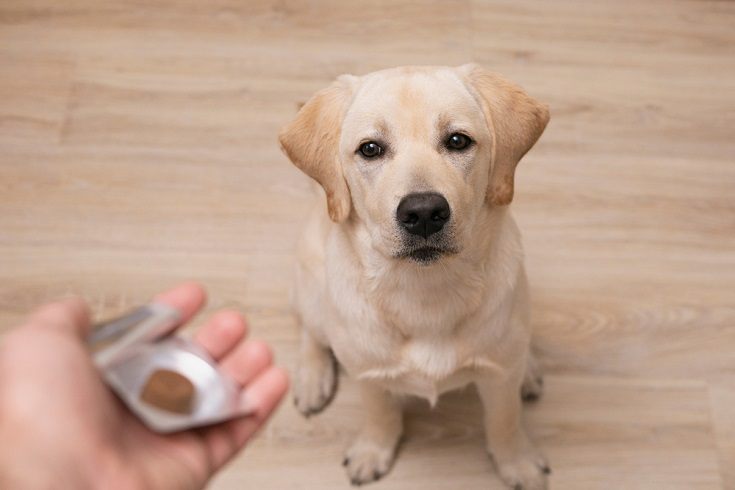
Frequently Asked Questions (FAQs)
When should I bring my dog with mucus in their poop to the vet?
The answer is any time you are concerned. Otherwise, watch for some of the following changes and then definitely bring your dog to the vet.
- If the diarrhea has lasted longer than 3–5 days and is not going away
- If the mucus is accompanied by blood in the poop
- If the mucus and diarrhea are severe, lots of it and frequently
- If there is also weight loss at the same time
- If your dog is also lethargic or depressed or has other problems such as vomiting or weakness
- If you brought your dog to the vet already for mucus in their poop, and it still has not gone away, bring them in again
What should I feed my dog if they have mucus in their poop?
This will depend on the cause. If you know your dog has food sensitivities or even is prone to stress colitis, changing the food can make it worse, especially if you have already done the work and know that this is the food that works best.
Many people feed what is called a bland diet, which is usually rice and chicken. However, you have to be careful because chicken is one of the common causes of food sensitivities.
If the diarrhea is mild, you might not need to change anything and just need to wait for it to resolve on its own. If the diarrhea is more severe it may be worth feeding smaller, more frequent meals instead of one or two large meals. Sometimes not feeding them anything for 24 hours can also help.
If your dog has chronic mucus in their poop, adding more fiber can sometimes help. However finding food that works for them is the main goal and often requires multiple veterinary consultations and trials.
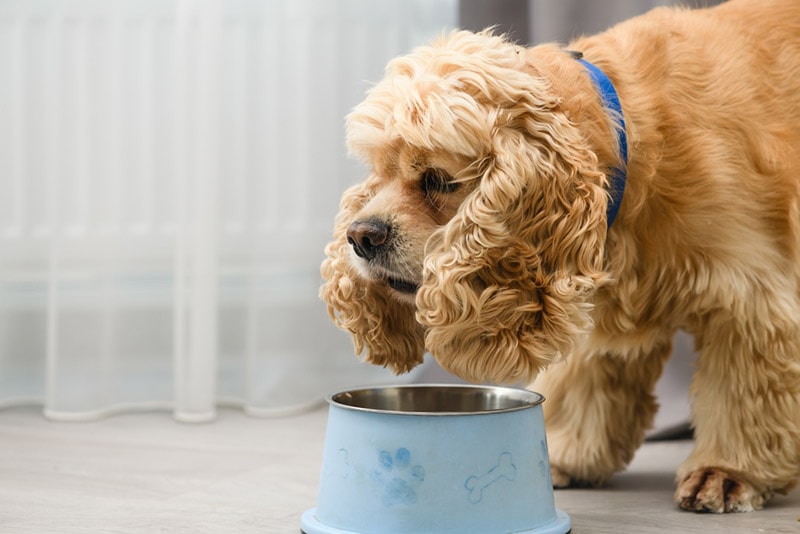
Will antibiotics fix it?
This is a controversial topic. Antibiotics can sometimes help with diarrhea but can also worsen it. In fact, antibiotics can even cause mucus in the poop and diarrhea all by themselves. It depends on the cause of diarrhea, and sometimes nothing but a trial course of antibiotics will be the thing that determines if they work or not.
There are good bacteria that live in the GI tract. Antibiotics can either disrupt these bacteria or make them ‘better’. It is hard to know when antibiotics will work.
But it is important to realize that antibiotics are not magic vet pills that fix anything and everything.
Conclusion
Well, there you have it! You now have way more information than anyone needed to know about mucus in dog poop. I suppose the other thing we need to cover is to always clean up after your dog, even if the poop is mucus covered and gross.
Featured Image Credit: Lesia Kapinosova, Shutterstock



